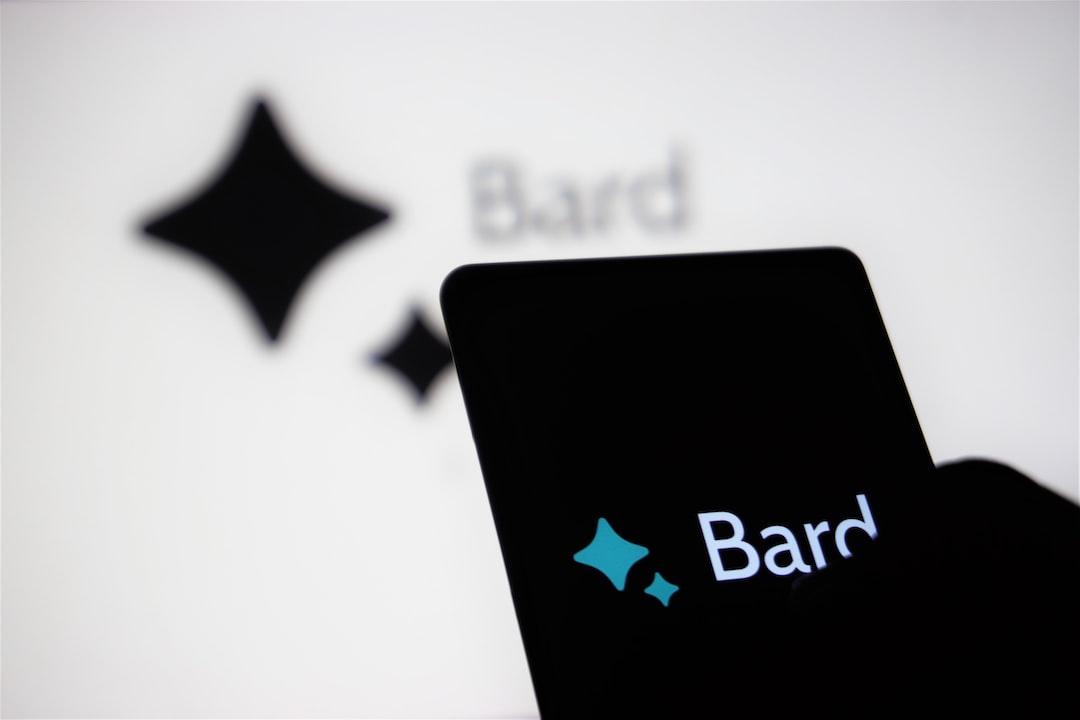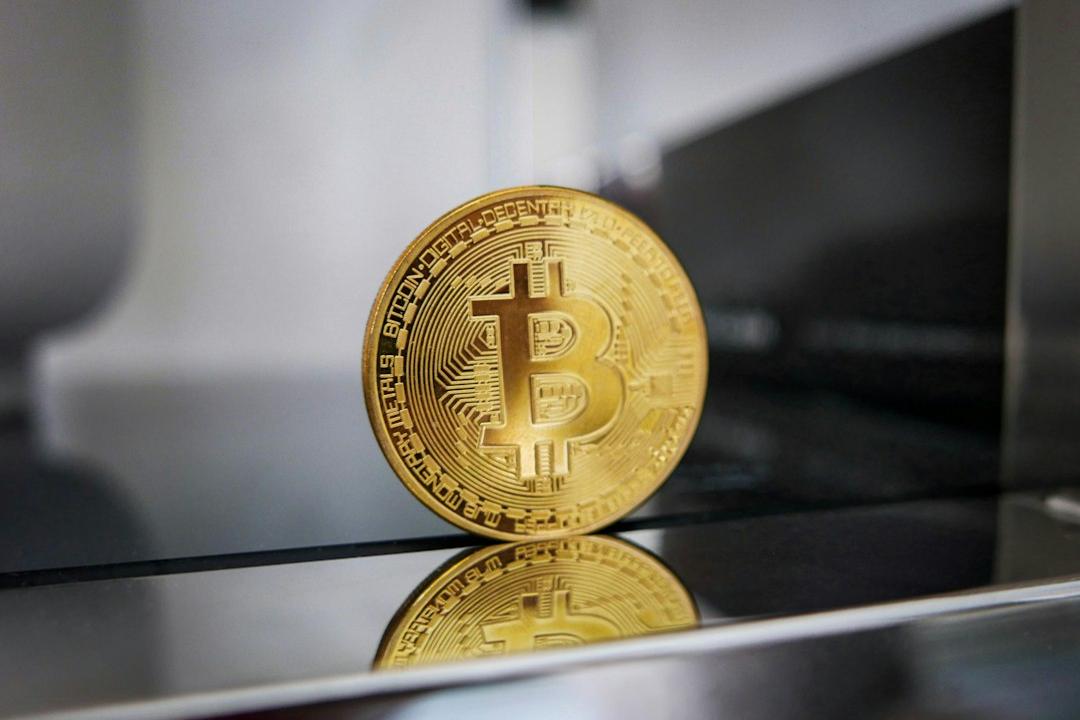Content List
Toggle
ETH/BTC exchange rate hits a new low
Upgrade to Cancun
Timeline for the Cancun upgrade
Due to the rapid rebound of Bitcoin, the ETH/BTC exchange rate has dropped below the 0.05 support that has held for the past few months. At the time of writing, it is at 0.0493, approaching the previous low of 0.04908 in 2022.


In such a market environment, Ether as an investment target seems to be increasingly unpopular among investors. The only opportunity that can reverse ETH’s fate seems to be the Cancun upgrade (Dencun), which is expected to be deployed in the first quarter of 2024.
The Ethereum Cancun upgrade is the next major upgrade following the Shanghai upgrade (Shapella) in April 2023. In this hard fork upgrade, nine EIPs (Ethereum Improvement Proposals) will be implemented, including but not limited to:
EIP-1153: This proposal adds two new opcodes to automatically clear certain data at the end of a transaction, helping to slightly reduce transaction costs (i.e. gas fees).
EIP-4788: This upgrade allows the execution layer of Ethereum to directly access the block root of the beacon chain, helping to improve the overall operation of the blockchain.
EIP-4844 (Proto-danksharding): Introduces a temporary data storage method to reduce the storage cost of transaction data and thereby lower users’ gas fees.
EIP-5656: Provides a new way to clone data in the EVM, making the process simpler and more economical.
EIP-6780: Modifies an opcode to only be called when creating a contract in the same transaction that created the contract.
EIP-7044: Removes restrictions on the validity of validator exit information.
EIP-7045: Extends the time to include certain proofs in beacon chain blocks, helping to improve network efficiency.
EIP-7514: Increases the maximum number of validators that can be activated per epoch.
EIP-7516: Introduces a new opcode to return specific fee information for the current block, helping to improve price transparency and predictability.
Among them, EIP-4844 and EIP-1153 are the two most significant EIPs that can reduce on-chain transaction costs for the mainnet and all Ethereum layer 2 networks.
The Cancun upgrade (along with the potential Ether spot ETF) is considered the main narrative driving the rebound of ETH/BTC in the future. According to the content of a telephone conference held by Ethereum developers last week, the tentative timeline for the activation of the hard fork is as follows:
Goerli testnet hard fork – January 17, 2024 – Epoch 231680
Sepolia testnet hard fork – January 30, 2024 – Epoch 132608
Holesky testnet hard fork – February 7, 2024 – Epoch 29696
If there are no vulnerabilities found after the Holesky testnet hard fork, it is expected that the Ethereum mainnet will welcome the Cancun upgrade by the end of February or early March.

